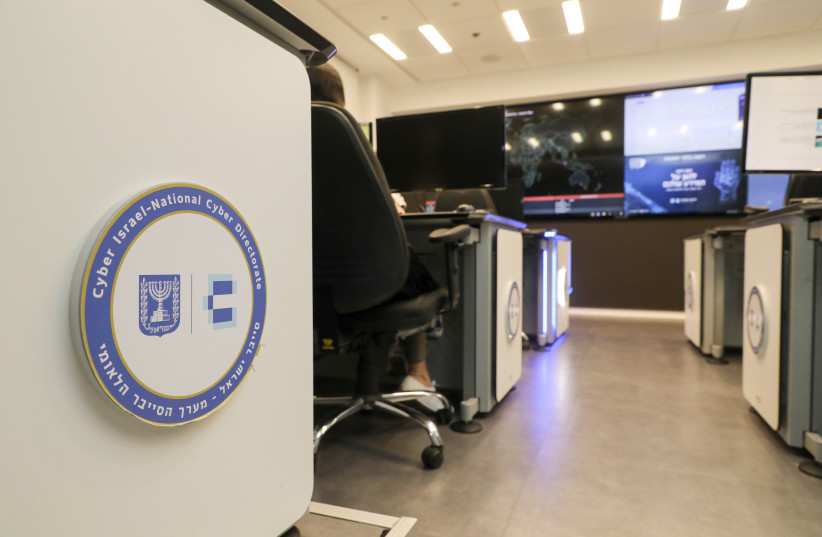The personal information of several civil servants and government workers was leaked and reached a foreign government, according to a report by Haaretz.
Following reports on the leak in the foreign press, a petition was filed at the Tel Aviv Magistrates Court asking for the gag order to be lifted, Haaretz reported. The order was partially lifted, with it being reported that the gag order was enacted at the request of data protection officials who realized they had failed at their task.
The court papers showed that the decision was made at the request of the State Attorney's Office to investigate the incident.
The petition's lawyer, Elad Man, argued successfully that any temporary gag order for investigation must be temporary and that enough time had passed since the issuance of the gag order that for the public good the information should be released.
Man also argued that the Shin Bet and the Israel National Cyber Directorate often boasted of their ability to defend Israel but had used the gag order to conceal an embarrassing failure.

Dr. Avner Barnea, a former Shin Bet official, from the University of Haifa's National Security Studies Center, told Haaretz, "To the best of my understanding and experience in past operations and affairs, there are cases, certainly over time, in which the desire by government officials, together with the State Attorney's Office, to prohibit publication, stems mainly from the sense of shame to cover up their failures, and not from any truly relevant professional considerations."
Dr. Barnea claims that such leaks are helpful because they help improve awareness and keep government agencies and the general public more aware of the dangers of the lack of cybersecurity.
Another battle in the shadow cyber war
Since the start of the war with Hamas, there has been an ongoing shadow cyber war between Israel and Iran and their semi-independent hacking groups.
A report from Israel-based cyber security company Check Point showed that there had been an 18% rise in cyberattacks in Israel in October following the Hamas massacre on the 7th of that month, with 52% of those being directed against government systems. Numerous attacks were recorded occurring against both Israeli and Iranian targets.
In early December, Iranian-backed hackers stole over 500 GB of data from Ziv Medical Center, including some 100,000 IDF medical records. Later that month, hacktivist group "Predatory Sparrow" disabled 60% of gas stations across Iran, the group had previously targeted Iran's steel industry. This group has been linked to Israel, with Iranian media claiming them to be a front for Mossad.
Cyber warfare often involves the use of semi-independent groups of hackers to commit cyber crimes to advance the goals of a state.
